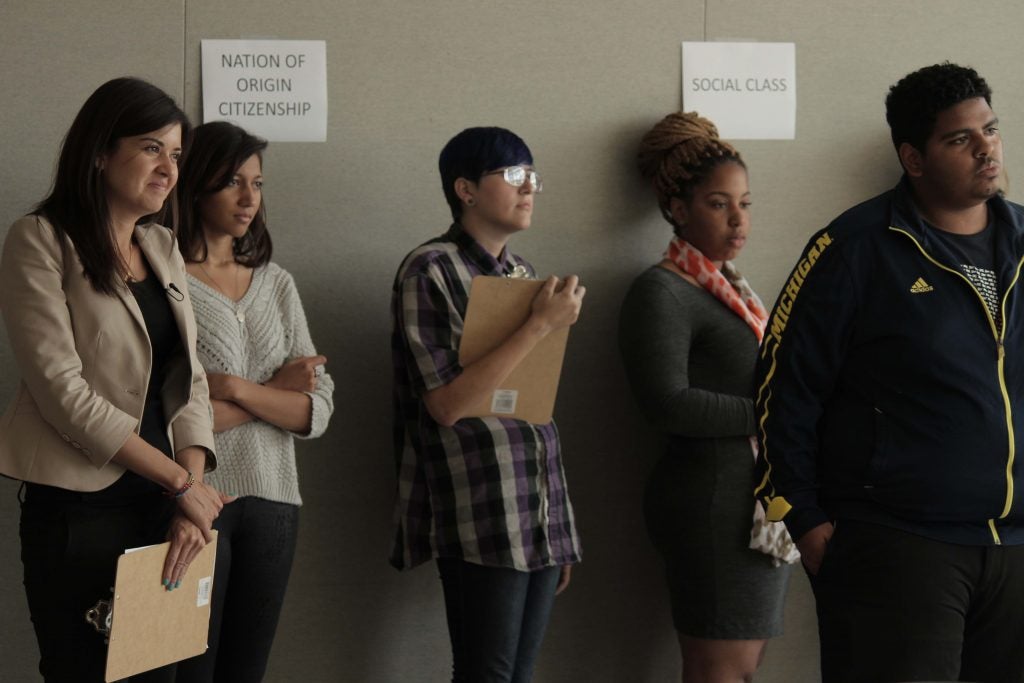Since students come from a variety of backgrounds and are at different points in their learning, reflective activities allow them to process questions individually and with sufficient depth. The activities here prompt students to consider their relationships to social identity, structural oppression, and intergroup dialogue.
This resource guide provides an overview of dialogic techniques to integrate with one's instructional strategies and course content. Read more
This activity is designed to help students recognize common dialogue blockers, why people use them, and to become more aware Read more
Students will discuss dominant narratives - explanations or stories told in service of the dominant social group’s interests and ideologies. Read more
This discussion-based activity guides students in understanding privilege and oppression as concepts. Read more
Students will explore the concept of having a growth mindset, examining the science behind intelligence and its development. Read more
This resource guide highlights characteristics of white supremacy culture, as outlined by Dr. Tema Okun, that can be pervasive in Read more
This guide provides resources for learning about implicit bias, including readings, videos, and activities, as well as recommendations for incorporating Read more
This activity uses independent reflection and small-group discussion to guide students in understanding white privilege as a concept and recognizing Read more
In this activity, students will create a visual map of their socialization in some aspect of identity (race, gender, sexual Read more
This activity guide is intended to serve as an example of how to engage with “perfectly logical explanations” or dominant Read more












